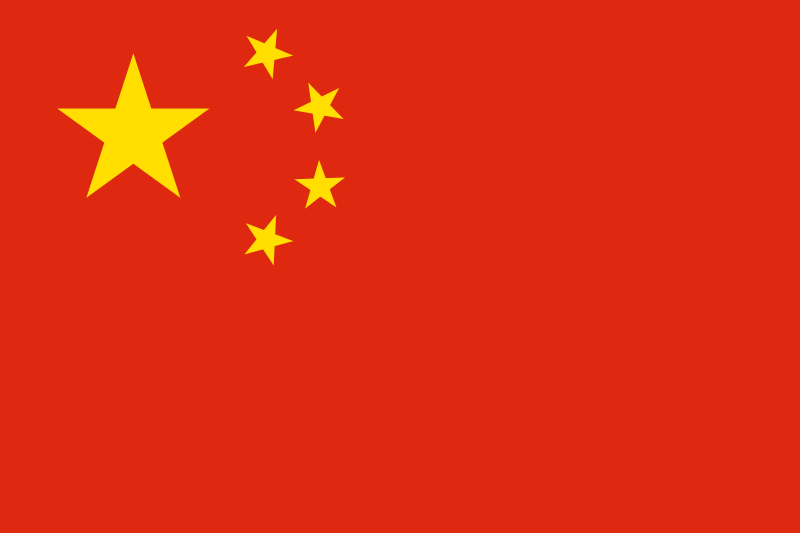www.acsss.info -
Click on sub-headings in the risk matrix (nuclear, missile etc.) to link to more detailed pages about the specific risks...
|
|
What Do Exporters Need to Know? |
|
|
India has nuclear weapons and ballistic missiles, but licenses are approved for almost all types of dual-use products other than when the end use is involved in the country’s nuclear weapons program. India is not known to pose a significant diversion risk |
||
|
Risk |
||
|
India is a de-facto nuclear weapons state that has not signed the non-proliferation treaty, and because of this India was subject to international sanctions for more than a decade until they were lifted in 2007. As a result of this lifting, the number of nuclear-related exports being refused by both the US and the UK has declined year on year as India implements the separation plan it agreed with the IAEA. Nonetheless, India is a nuclear weapons state with poor separation between military and civil programs, and licences to any unsafeguarded site could still be refused. |
India has good separation between its ballistic missile and space programs. Exports that could support its ballistic missile program could be refused. |
|
|
India has ratified the Chemical Weapons Convention |
India has ratified the Biological Weapons Convention. |
|
|
Military Goods |
Internal Diversion |
|
|
All exports of military goods require licences. |
While India is not known to illicitly seek goods for its programs of concern, poor separation between its civil and strategic nuclear programs means that there is a risk of exports for ostensibly civil end uses being used to support the manufacture or development of nuclear weapons. |
|
|
Outward Diversion (Re-export) |
||
|
Indian authorities report that they often stop illicit procurement attempts, indicating that there is an onward diversion risk from India. Nonetheless, India's export controls have been strengthened in recent years. |
||
|
Recommended Precautions |
||
|
Exporters should ask additional questions and possibly refer cases to the national authority when exporting proliferation-sensitive goods to any of the entities below. |
||
|
State Owned WMD-Related Entities |
||
|
Note: US designated entity lists may also include Indian entities of proliferation concern, and exporters should refer to such lists as part of a due diligence process. Nuclear Department of Atomic Energy (DAE): Missile |
||
The following considerations apply to the three categories of nuclear-related trade:
|
|
Unsafeguarded facilities / entities identified above |
Safeguarded facility |
Other industries / facilities |
|
Trigger List export |
Licence / Gov-Gov assurances required. Neither likely to be issued. |
Licence & Gov-Gov assurances required |
|
|
|
|||
|
Good chance of both being issued. |
|||
|
|
|||
|
Gov-Gov assurances take 6 -12 months |
|||
|
Listed “dual use” export |
Licence required: outcome end-use dependant |
Licence required, approval likely |
Licence required, approval likely |
|
Non-listed goods |
If you know or suspect that your export will be used in a WMD programme a licence is required. |
No need to submit |
No need to submit |
The first guide in the new 'Trade In...' Series has been released on civil nuclear trade in India. The guide seeks to compliment existing guidance provided by government regarding the regulations governing civil nuclear trade with India. The guide provides an account of changes in the position of the UK, the US and other states with regard to trade in civil nuclear technologies with India. It seeks to summarize what these changes mean for exporters. The paper is structured in three sections: Background, changes in civil nuclear trade with India, and practical considerations for UK exporters.
The paper is accessible to Alpha members. For more information about membership, please This email address is being protected from spambots. You need JavaScript enabled to view it.
The paper is accessible in PDF form here.
Dr Rajiv Nayan and Mr Ian J. Stewart have recently published a CSSS occasional paper on Indian export controls.
Abstract: India is emerging as an important country for the control of sensitive goods and technology. Currently, it approves a few hundred applications per year for the export of controlled goods, but the country’s growing economy exists alongside an increase in the production and acquisition of goods and technology that have potential end uses in Weapons of Mass Destruction programmes. Thus, India is rapidly becoming a significant potential supplier of sensitive goods. To control these goods, India has developed an impressive framework of export controls. It has legal and regulatory mechanisms, licensing, enforcement, and private sector engagement policy. India appears prepared to join the four multilateral export controls regimes with some minor regulatory changes. Nonetheless, there is further work to be done.
Alpha Newsletter
Proliferation Briefs
| Mon | Tue | Wed | Thu | Fri | Sat | Sun |
|---|---|---|---|---|---|---|
|
1 | ||||||
|
2 |
3 |
4 |
5 |
6 |
7 |
8 |
|
9 |
10 |
11 |
12 |
13 |
14 |
15 |
|
16 |
17 |
18 |
19 |
20 |
21 |
22 |
|
23 |
24 |
25 |
26 |
27 |
28 |
29 |
|
30 |
31 | |||||
Notice to Exporters (ECO)
-
Notice to Exporters 2013/27: Egypt – results of the review of licences
-
Notice to Exporters 2013/26: reporting guidance now available on SPIRE
-
Notice to Exporters 2013/25: firearms exports – new EU Regulation No. 258/2012
-
Notice to Exporters 2013/24: Suspension of extant licences for Egypt and changes to OGELs
-
Notice to Exporters 2013/23: EU suspend all export licensing to Egypt of any equipment which might be used for internal repression
